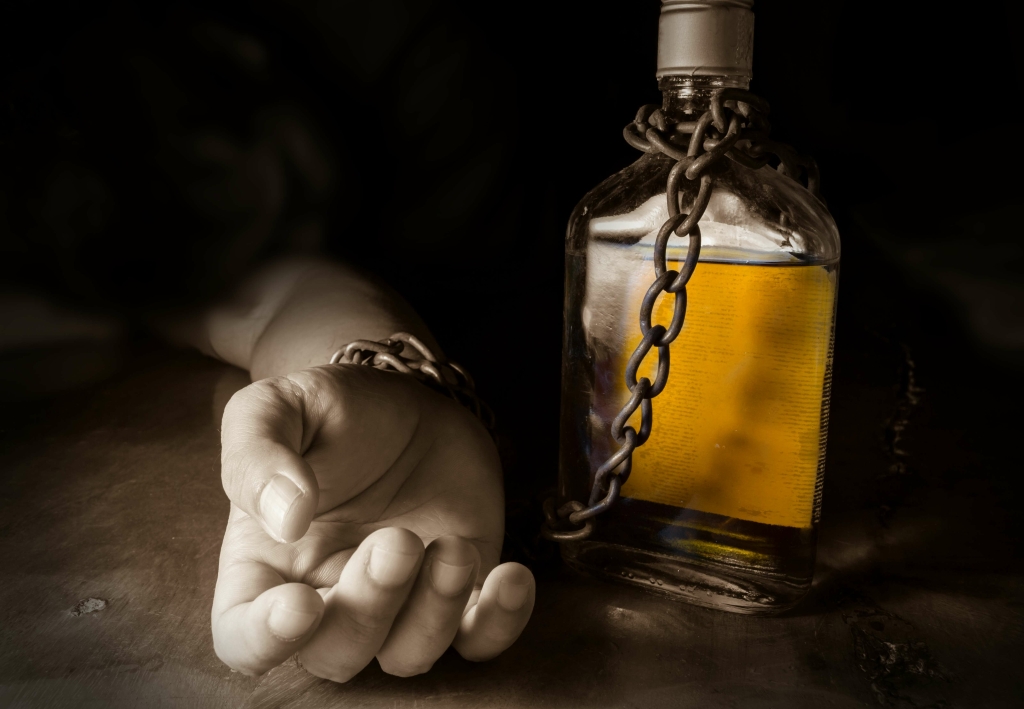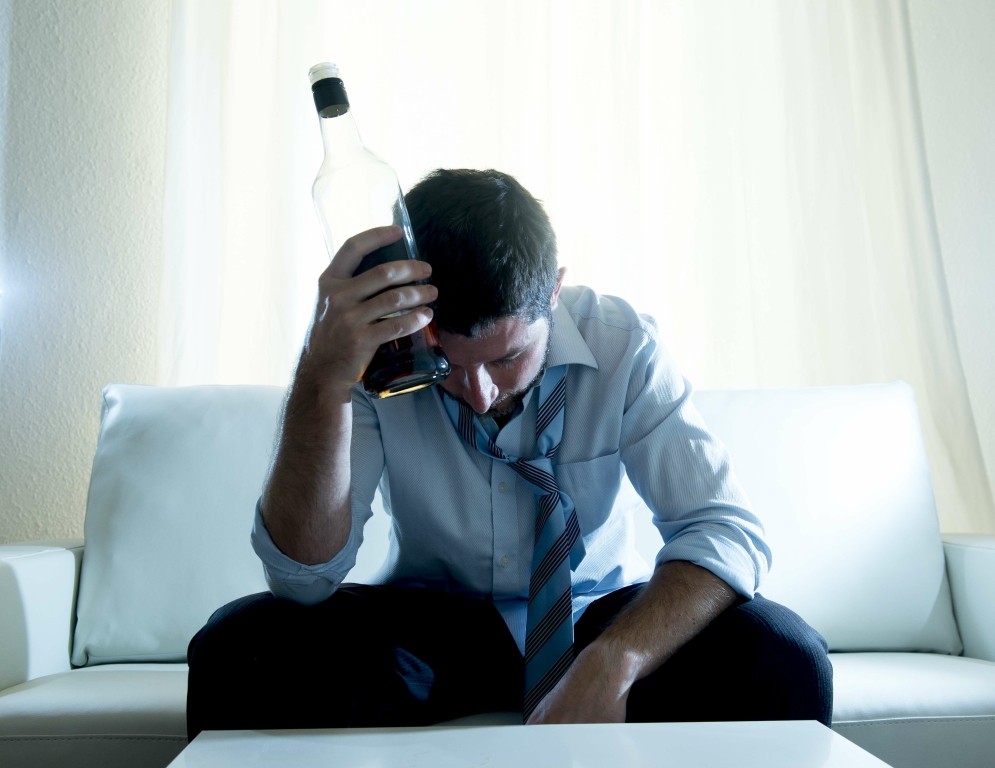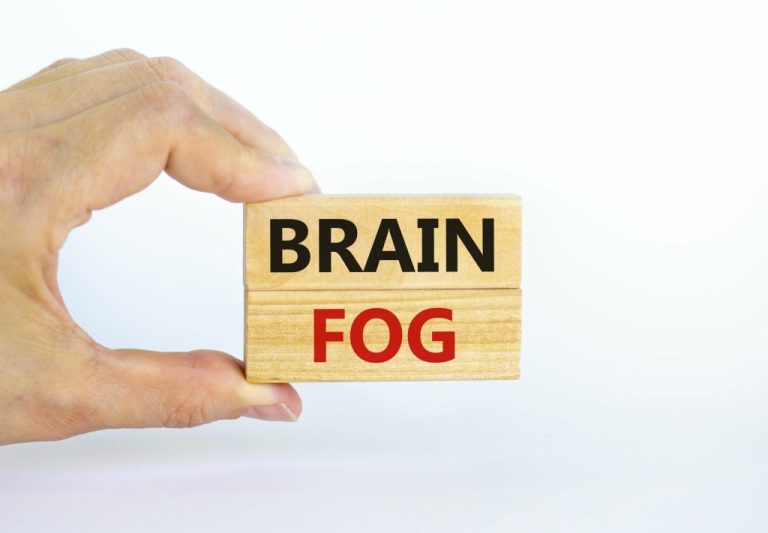That said, it’s never too late to start making healthier decisions, and Dry January may be the perfect time to start. But our drinking habits may be responsible for undercutting the good these products can do for our skin. Drinking increases the risk of myopathy or muscle wasting. Heavy alcohol use raises the risk for fractures and even low levels of alcohol intake increase the odds for recurrent gout attacks. Alcohol also impairs bone fracture repair and reduces bone density. Lack of sleep shows up in your skin as dark circles, puffiness, dullness, and premature aging.
What happens to skin when you stop drinking alcohol?

Excessive alcohol (ethanol) intake or alcohol abuse can result in many health problems and is implicated as a cause or aggravating factor for several skin conditions. The effect of alcohol on your immune system and the way your circulatory system works affect the skin too. Drinking alcohol can cause or worsen psoriasis3 (a condition that causes flaky skin) and rosacea4 (redness or flushing on the face). By stopping your alcohol consumption, you can reduce the symptoms of these conditions or heal them altogether.
Short-Term vs Long-Term Skin Effects of Alcohol

A coveted moisturiser among skincare fanatics, this award-winning formula intensely nourishes skin with a soothing effect for up to 24 hours. Just because you’re not drinking booze, it doesn’t mean you can’t enjoy a fancy cocktail. Known as a ‘mocktail’, most bars and restaurants will offer non-alcoholic alternatives to the cocktails on their menu. As alcohol is already inflammatory, it’s best to avoid other ingredients that can contribute to inflammation. Additionally, if the body is dehydrated for too long, it may try to counteract this dryness by kicking its sebum production into high gear. Before you shell out for the latest hydrating serum in an attempt to achieve plump, dewy skin, you may want to first take a look at your drinking habits.
Alcohol Poisoning: Signs, Symptoms & Treatments
By understanding the complex relationship between alcohol and the skin, individuals can make informed choices about their alcohol consumption and take steps to mitigate the potential negative effects. Dr Morrison adds that if you suffer from the skin condition rosacea, alcohol will likely exacerbate your symptoms. “Rosacea is a condition that is triggered by alcohol consumption – especially red wine – as it’s an inflammatory condition, so when we drink alcohol we’re increasing chances of a flare-up,” she says. There are so many health benefits of not drinking how alcohol affects your skin alcohol, but not everyone wants to give up alcohol completely or give non-alcoholic wine a go.
Difficulty absorbing vitamins and minerals from food can cause fatigue and anemia, a condition where you have a low red blood cell count. Over time, drinking can also damage your frontal lobe, the part of the brain responsible for executive functions, like abstract reasoning, decision making, social behavior, and performance. If your body can’t manage and balance your blood sugar levels, you may experience greater complications and side effects related to diabetes. Dehydration-related effects, like nausea, headache, and dizziness, might not appear for a few hours, and they can also depend on what you drink, how much you drink, and if you also drink water. Some of these effects, like a relaxed mood or lowered inhibitions, might show up quickly after just one drink.
Alcohol consumption can have numerous effects on our bodies, and one often overlooked aspect is how it impacts our skin health. Whether it’s a casual social drink or more frequent consumption, understanding the relationship between alcohol and skin can help you make informed choices for your overall well-being. Additionally, alcohol’s metabolite, acetaldehyde, is a carcinogen that increases the risk of skin cancer.
Understanding the Long-Term Effects of Alcohol on Skin
- Incorporating a weekly exfoliation treatment can also help remove dead skin cells and promote skin renewal.
- Additionally, establishing a skincare routine that includes gentle cleansers, moisturizers, and alcohol-free skincare products can help restore and protect the skin barrier.
- Alcohol is a diuretic, which means it increases urine production and can lead to dehydration.
The disruption to sleep from alcohol, even if you’ve just had a couple of drinks, will also have an impact on your skin. It might look pale, with dark circles, sunken or puffy eyes and your lips may look cracked or dry. If you’ve forgotten to remove your make-up or take your contact lenses out then this will also make your skin and eyes look less bright and fresh.
Cancer risk
However, some people, such as those with psoriasis and rosacea, will need to continue treatment even after they have stopped drinking alcohol. If someone wishes to continue using alcohol frequently, basic treatments such as over-the-counter moisturizing creams may help relieve some of the symptoms of skin conditions, such as dry skin. To combat the short-term effects of alcohol on the skin, people can drink water to stay hydrated while consuming alcohol. Frequent and excessive drinking can lead to several problems with the skin including flushing, reduced elasticity, and dryness.
Here’s Exactly How Bad Drinking Alcohol Is for Your Skin
It was simply understanding how alcohol affects your skin. Beyond drinking less, other healthy habits boost skin recovery. Alcohol what is alcoholism can slow down collagen synthesis and skin cell turnover, resulting in a lack of skin elasticity. Skin with less elasticity becomes saggy and wrinkled, leading to premature ageing.
Does alcohol drinking cause cancer?
While there are several factors that contribute to the development of acne, alcohol consumption can play a role in exacerbating the condition. Alcohol also increases the production of free radicals in the body. Free radicals are unstable molecules that can damage cells and accelerate the aging process. They can break down collagen and elastin, two proteins that are essential for maintaining youthful-looking skin. Opt for skincare products that are gentle and alcohol-free.

It delves into the specific impact of alcohol consumption on individuals with diabetes and provides valuable insights into the potential risks and complications that can arise. Understanding these effects can help individuals make informed decisions about their alcohol consumption and manage their health effectively. Stress management is also crucial for maintaining healthy skin. Stress can have a negative impact on your skin health and contribute to various skin conditions. Find healthy ways to manage stress, such as practicing mindfulness meditation, engaging in hobbies or activities you enjoy, and seeking support from friends, family, or a therapist.
